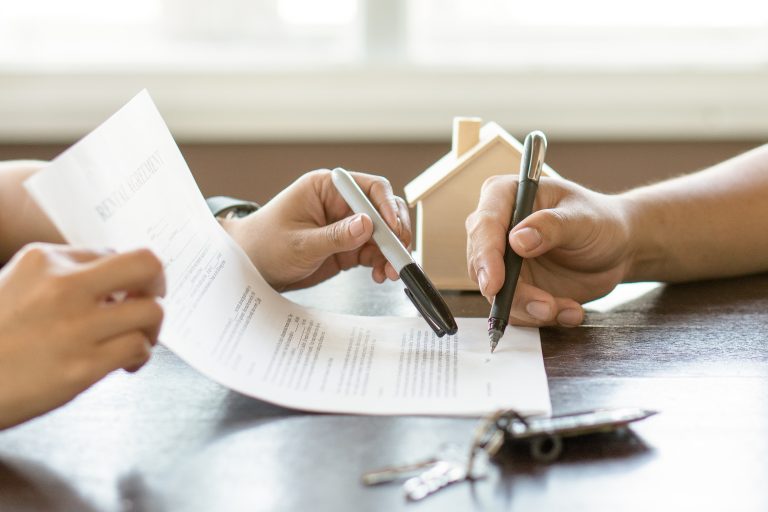What insurance do you need when buying a house?
When getting ready to buy property, there are many things to keep track of as settlement approaches. An important consideration is what you will need in terms of insurance – admittedly not the most exciting part of buying a new home, but one which can save you money and stress in the future.
Why lenders often require insurance
While not a legal requirement, insurance is often required by lenders, and they may want to see your policy before either the exchange of contracts or ahead of the settlement.
As the lender has a stake in the property during the life of the loan, they will want to know should the property be damaged or destroyed, if any large insurance claims are made, and if your insurance lapses.
Types of insurance
There are various forms of insurance relating to your property, these include:
- Home or building insurance – to protect you against damage to the property (such as due to an extreme weather event like fire or floods).
- Contents insurance – to safeguard you against theft or accidental damage to your belongings.
- Lenders Mortgage Insurance (LMI) – to cover the lender should you default on your repayments (note: LMI is a one-off payment by the buyer, not the lender).
- Landlord insurance – to protect your property if you are renting it out.
- Mortgage protection insurance – to cover your mortgage payments in case you or your partner become unemployed, seriously ill or die.
Home and contents insurance
Home and contents insurance, is often what buyers think of when it comes to getting insurance.
There are two main types of home insurance: sum-insured cover (which means the insurer will pay for repairs or a rebuild up to an estimated amount you specify in your policy) and total replacement cover (which means you will be covered for your home to be repaired or rebuilt as it was without you having to set a specific sum-insured limit).
Total replacement cover is more expensive and not all lenders offer it, so keep that in mind. As for contents insurance, you tend to be covered for the replacement value of your belongings.
According to statistics from Finder in January 2023, 60% of survey respondents have some form of home insurance policy. An interesting finding was that only 43% of respondents with home insurance said that they fully understood their home insurance policy. While 48% said they partially understood it, 8% didn’t understand the benefits and inclusion of their policy.
It’s important to know what you are covered for, such as which type of event. Home and contents insurance don’t cover everything, so check the exclusions – these might be a house left unoccupied that is then damaged, doing renovations, any existing damage and damage caused by pets.
You can usually request additional insurance, for example, covering high value items such as expensive jewellery or fixing that hole in the wall, so it’s worth checking what is included in your policy and whether it’s worth paying extra.
Do you need insurance before settlement?
As mentioned above, some lenders will ask to see proof of insurance before any contracts are exchanged. In some instances, the lender will ask that your insurance is effective from the date you sign the contract or before the loan becomes conditional.
Depending on which state or territory you live in, you may be responsible for damage to the property as soon as contracts are exchanged. Here is a list on each area’s requirements:
- ACT, TAS & SA – the buyer is responsible for damage to the property as soon as contracts are exchanged.
- NSW & VIC – the buyer is responsible for damage to the property on settlement.
- QLD – the buyer is responsible for damage to the property from 5.00pm the next business day after the contract date (before settlement).
- WA & NT – the buyer is responsible for damage to the property on whichever comes first: either the date the whole purchase price is paid, or the date the buyer is entitled to or is given possession of the property.
For help and advice contact our team here.






